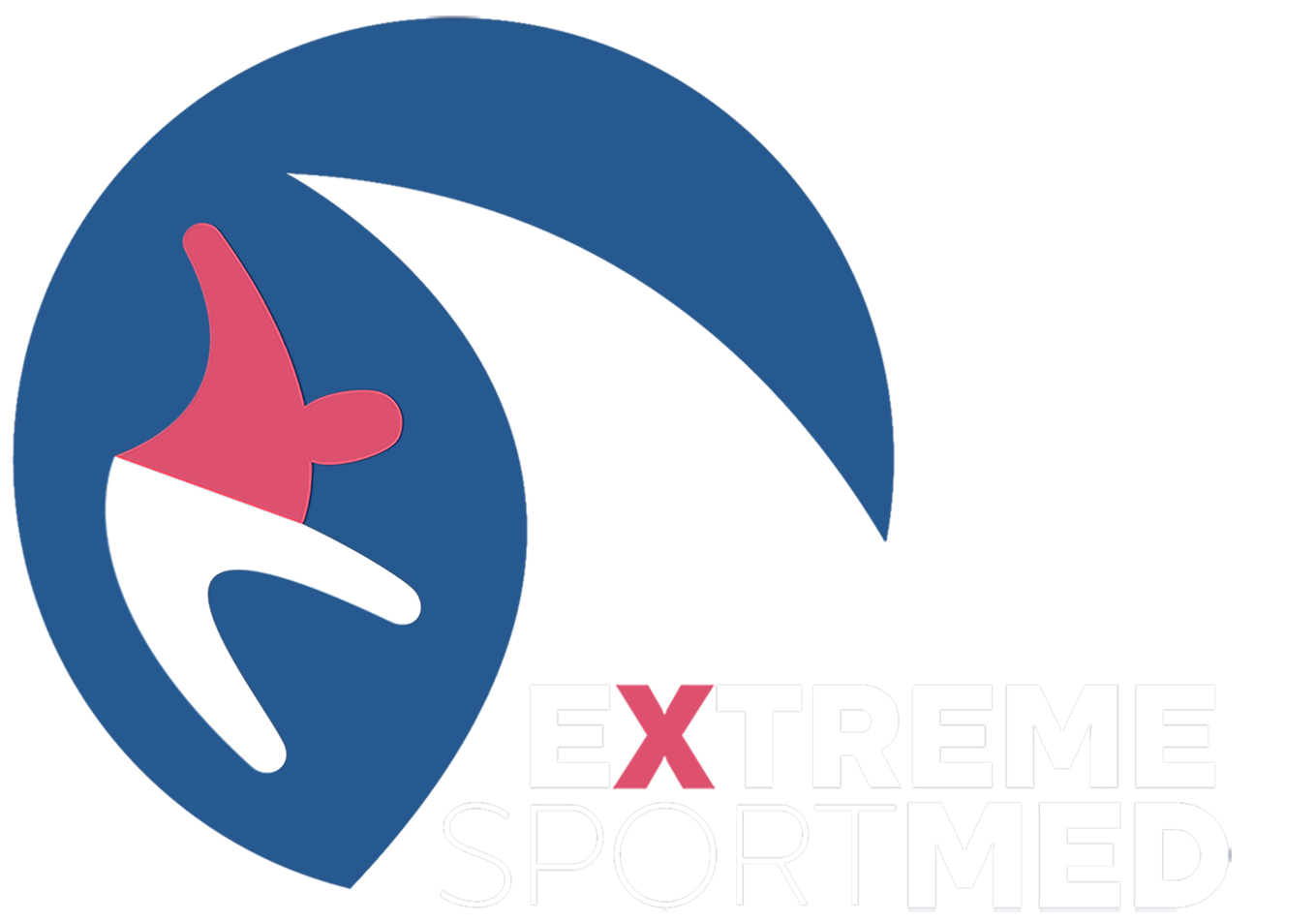There is a growing need for sustainable solutions for the composite market, as well as solutions that would facilitate end-of-life recycling of composite elements. The answer to that need is still left to Academic research or end users, without a recognized reference supplier for know-how and environmentally friendly materials. GS4C identified this area as a niche where they could grow and become market leaders as provider of sustainable solutions. To achieve this goal, a number of companies have been involved over the past three years to cover all the aspects of the industrial process, from fiber manufacturing to recycling.
The market for sustainable composites is still in it’s infancy, yet the results of decades of non-sustainable manufacturing are now causing great concern among environmentalists and institutions. The EU is investing substantial resources to investigate alternative solutions to landfill and define new rules to foster a shift toward a more environmental responsible attitude.
EXTREMESPORTMED is partner of the project.


Supported by a regional scheme for innovative projects (“FRIM-Startup fund of Regione Lombardia”), GS4C is now embarking in the manufacturing of a 100% recyclable sail-racing boat. The boat will be a Mini650, a boat designed to race single handed across the Atlantic in a race known as the Minitransat.
Given the tradition that sees the Mini650 Class at the leading edge of innovative thinking in the sailing world, the team decided that this could be the perfect showcase for something as innovative and disruptive as a composite sail-racing boat made entirely from a single fiber and a bio-based epoxy that is 100% sustainable and recyclable.
Racing the boat under the mini650 class rules will be the chance for the team to prove that innovation and sustainability do not necessarily compromise performances and safety, adding more opportunities to stimulate a discussion on the topic and promote the message and the vision for a low environmental impact manufacturing process.
The technology
A sailing boat operates in one of the most difficult environment for composite materials (with exposure to UV and salty water), adding to that the requirements of lightness and the mechanical solicitation the structure has to withstand, the project will be a very reliable testbed and promotional vehicle for the technology.
A first phase of scouting for sustainable technologies was followed by weaving tests and lamination testing. Suppliers were selected among the ones sharing the vision for sustainable development of the two GS4C founding partners. The recycling process was verified at ENEA, Italy. The recovered fiber was sent to the fiber manufacturer to verify that it could eventually be re-entered into the production cycle.
The fiber is Filava™ from Belgian Company Isomatex S.A. The production of Filava™ is unique thanks to a genuine and innovative treatment of the raw material, basalt, which is enriched with various mineral additives to increase and guarantee its original mechanical and chemical properties.
The resin is Super Sap bio-based epoxy from Entropy, a high end solution with very low embodied energy when compared to similar fossil based products.
